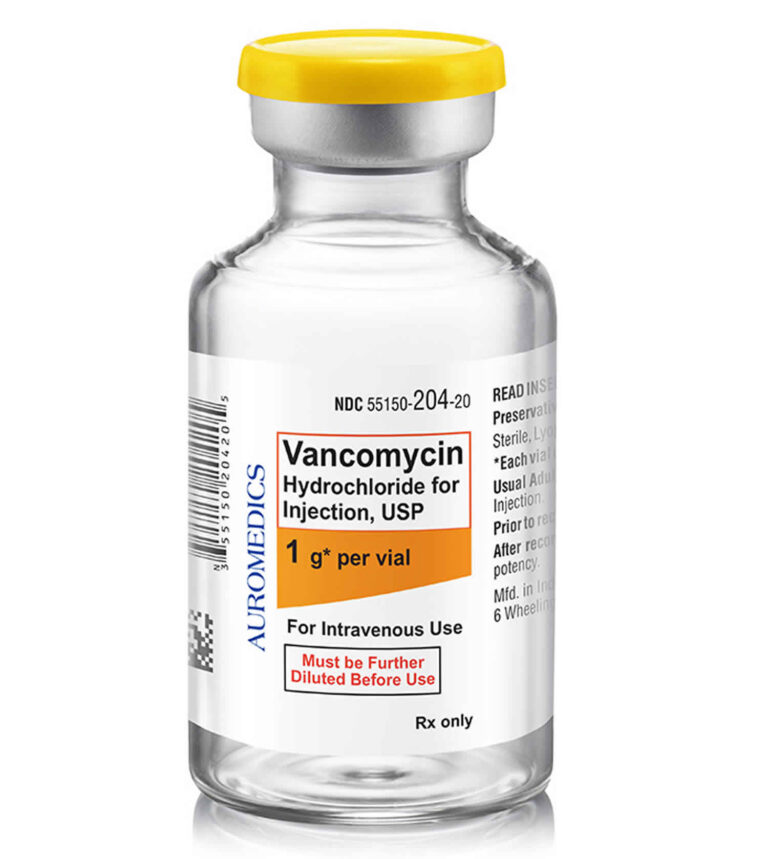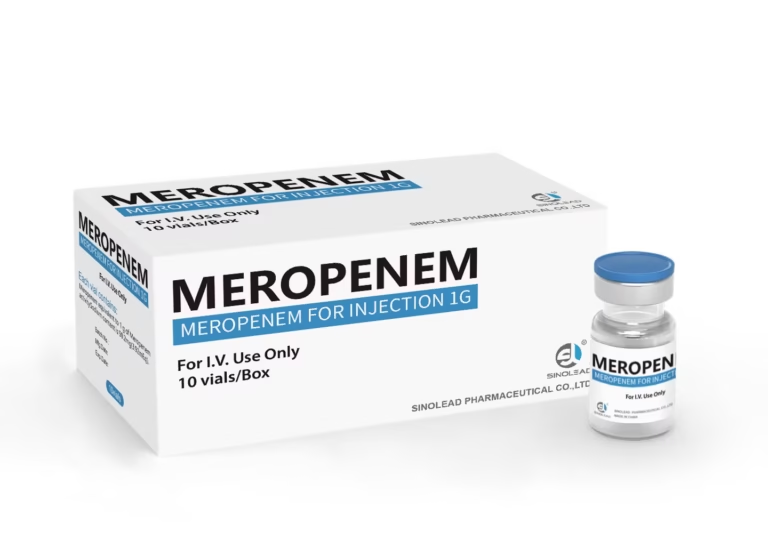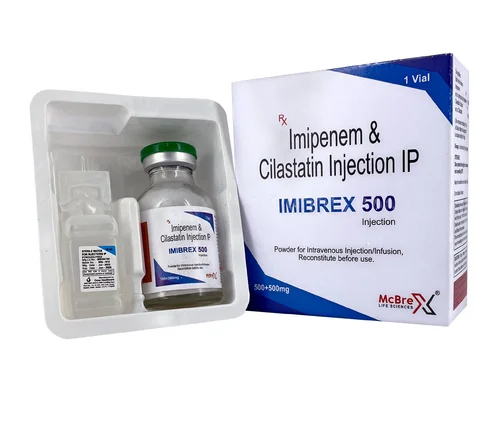Antidotes of Drugs
An antidote is a substance that counteracts the harmful effects of a poison or toxic drug, helping to neutralize or reverse its toxicity. In cases of drug overdose or poisoning, an antidote works by directly interacting with the toxic substance. Either by neutralizing it, inhibiting its harmful effects, or facilitating its elimination from the body.
The importance of antidotes lies in their ability to save lives. When someone overdoses on a drug or ingests a toxic substance, the right antidote can prevent serious damage or even death. For example, naloxone is used as an antidote for opioid overdose, effectively reversing respiratory depression and preventing fatal consequences. Another example is activated charcoal, which binds to many drugs and poisons in the stomach to reduce their absorption into the bloodstream.
Antidotes are time-sensitive; their effectiveness depends on how quickly they are administered after poisoning. The earlier they are given, the more likely they are to prevent long-term damage or fatal outcomes. In addition, antidotes are often specific to the type of poison or drug involved, allowing healthcare professionals to provide targeted, effective treatment. Overall, antidotes play a critical role in emergency medicine, offering a crucial tool for saving lives and minimizing harm in poisoning or overdose situations.




